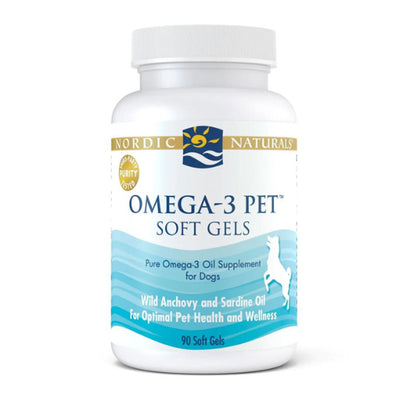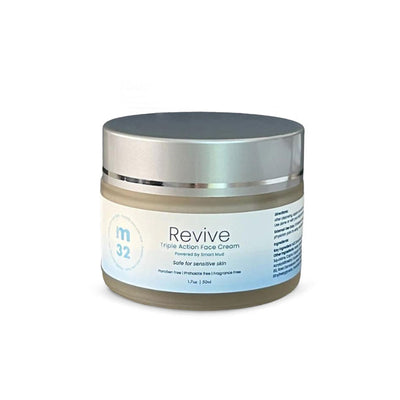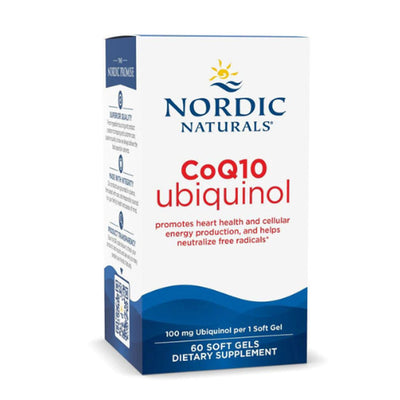Original Post By Kristin Otero, OTR/L, MSOT from SmplyTherapy
As pediatric practitioners, we often hear about medication and ways to help with symptoms for psychiatric diagnoses, in combination with our treatment. But how safe is medication? Do they have an affect on their health? As a focus of a previous blog, we looked into the prevalence and symptoms of ADHD…
“Symptoms are often noticed during the early childhood years before 3 years of age. However, caution is advised on early diagnosis and will most often be made during elementary school years when behavior is interfering with school performance. Some other notes on symptoms:
-
Occurs in 5%-8% of elementary school aged children.
-
Prevalence in boys to girls is a 3:1 ratio, most common in first born boys.
-
Partial remission may occur in ages 12-20. Hyperactivity may disappear during these years to allow for a productive adolescence but distractibility and impulsivity can persist.
-
Symptoms persist into adulthood in 60% of cases."
In reference to treatment of something like ADHD, Oppositional Defiant Disorder, Conduct Disorder, Disruptive Behavior Disorder, there are usually a combination of treatments. Behavioral techniques, and medications. But most importantly, before your doctor gives you a script for a prescribed medication- there should be a thorough process to make sure that your child is diagnosed appropriately.
It’s true, that medication for ADHD can be overused, but the under-diagnosed and under-treated factor for ADHD is more often than over treatment. Your child should not be diagnosed as having ADHD after a 10 minute exam. There should be behavior reports from multiple sources, surveys, medical history, and a clinical interview with your child.
After a thorough evaluation, you can discuss options with your doctor. The most common medication is Methylphenidate (Ritalin, Concerta, Metadate, Daytrana, Quillivant), and has been used for over 50 years for symptom management of inattention, impulsivity, and hyperactivity. If symptoms are affecting your child's quality of life and learning, it’s something to consider with the supervision of your doctor. Side effects seem to be not life threatening according to research, there may be problems with sleeping, or decreased appetite, but you can always discuss adjusting the dosing with your doctor to get a better fit.
Other treatment options:
Occupational Therapy is one of the specialized treatments that can help your child perform in school and at home. When I treat in schools, there were often times that I would go into the classroom with the child to help learn different coping strategies and techniques to facilitate his or her attention. We also took time to educate the teacher on the strategies we were working on in order to facilitate learning. Also, as an occupational therapist I encourage participation in functional activities and extracurricular activities (at their pace), to help with time management, organizational skills, positive social interaction, and an outlet to feel successful in.
References:
https://www.bmj.com/content/351/bmj.h5203
https://www.health.harvard.edu/blog/adhd-medication-for-kids-is-it-safe-does-it-help-201603049235
If you would like more information, you can book a time for a free consultation!








